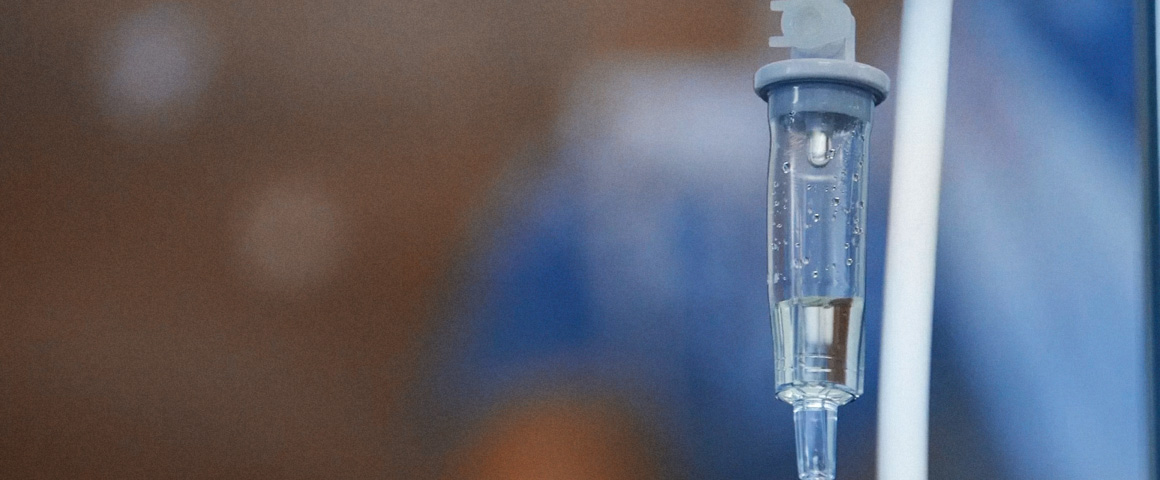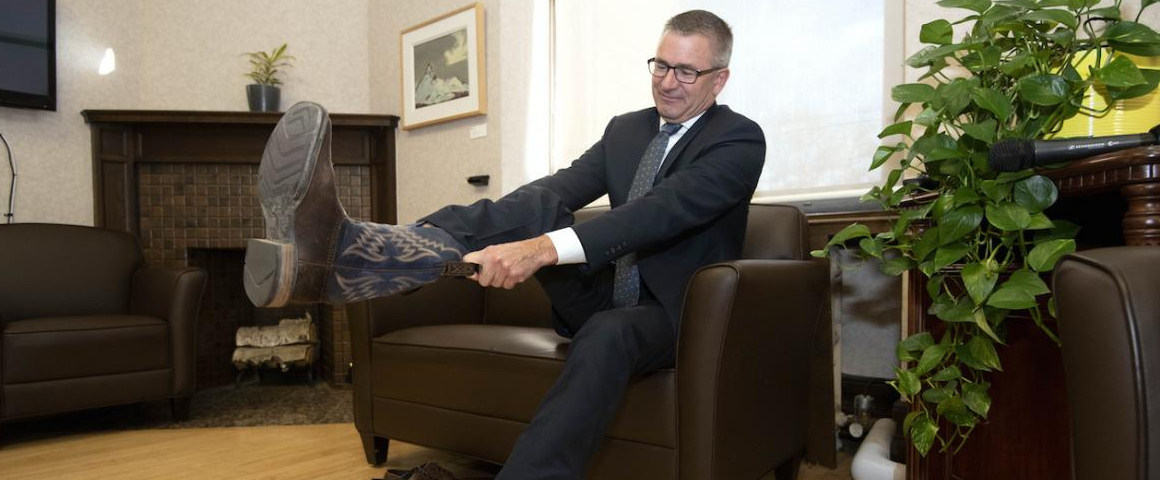Last December my girlfriend began experiencing discomfort after eating, which escalated over the next few months. In February she was found to be suffering from gallstones, necessitating a cholecystectomy. By March, she was on the waiting list, but the surgery date was set for next December. She was informed that the office was already scheduling surgeries into 2017, with no chance of a cancellation slot even until late June. Despite experiencing frequent painful attacks, often only resolvable through vomiting, she was just going to have to wait it out.
As instructed, she began to regulate her diet, although her body’s reactions remained unpredictable. Worse was the increasing frequency of attacks seemingly without any trigger. Fortunately her manager was empathetic, and so patience was shown to interruptions in her work as a receptionist. However, as the attacks increased in frequency, she was missing more and more hours and pay without restitution, with months still to go. Worse throughout was a prevalent attitude that simply because she is a fuller figured young woman, obviously her eating habits were triggering so many attacks. A crude assumption, and untrue, as the surgery eventually revealed that she had many sizable and awkwardly shaped stones.
Finally, in mid-June things reached a point beyond our ability to manage. After she grew increasingly pained and pallid, we drove her to Drayton Valley hospital. Our hope was emergency surgery, which we had heard was the common escape. The doctors agreed that her gallbladder was now worryingly inflamed, and she was put on a intravenous drip of saline and painkiller. However, the small town hospital was not equipped to do the surgery, or even to perform the MRI imaging required to properly assess her condition. The next day she was loaded onto an ambulance to Red Deer, one of many costly rides that would be avoidable with better equipped hospitals.
We had hoped, as did the staff at Drayton, that she would be operated on in Red Deer. However, she was simply rushed through, scanned, and promptly sent back. Our impression was that no hospital wanted to keep her, an innate symptom of overload from years of under-funding during which Alberta’s population has boomed. The doctors at Drayton, although sympathetic, insisted there was not enough severity to get her transferred to Edmonton. All progress stalled, and with somewhat abated symptoms, she decided she would be more comfortable just going home. So the cycle continued for another three weeks. We were later informed by another doctor that she had in fact had a clogged swollen gallbladder, but was a victim of being at the wrong hospital.
Unsurprisingly, by early July she again required admission to hospital, this time straight to the Misericordia in Edmonton, where it had been implied her chances were better. Indeed, it was decided she needed surgery as soon as possible, but the continued rush of pre-scheduled surgeries took priority. Most of the week crawled by in pained anticipation, until finally she was sent in for surgery just two hours short of midnight. The next morning she was finally released. Unfortunately her pain came back steadily worse, and that weekend she was readmitted. A stone impacted in the bile duct, and needed removal by endoscopy, which was completed a few days later. Her ordeal was finally over, with fortunately enough holiday pay accumulated to cover her recovery period.
I doubt this story is unique in its suffering. The conditions stacked against us are common and affect everyone: increasingly decrepit hospitals, so overfilled and understaffed that they desperately shuffle around patients and resources; surgeons so busy that nothing short of potentially bursting organs gets a patient seen; and nurses so overworked that hours go by before painkiller can even be administered. This is one of the human costs of austerity, of the gratuitous under-funding inflicted by Ralph Klein and his cronies, and a cycle to be perpetuated by an NDP government constricted by business interests. We must not only fight to save our public health care system, but to expand and perfect it so that people being forced to suffer through great pain will be a thing of the past.


